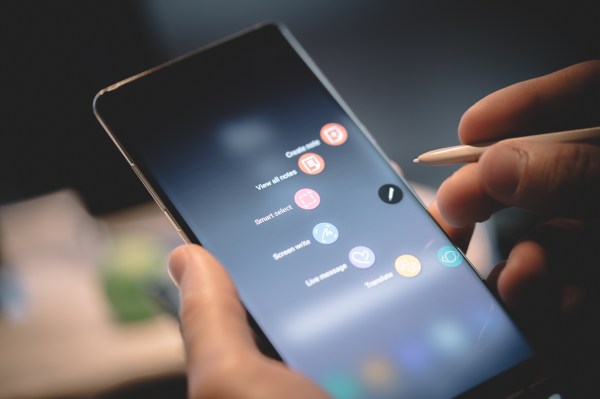Samsung’s latest earnings report is a succinct lesson in hoping for the best and preparing for the worst. The actual news here is pretty positive, as the company reports a record operating profit, courtesy of high demand for its components and flagship handsets.
But a statement tied to the news mentions “slow demand” no fewer than seven times, as the company looks to temper investor expectations, Those warnings largely revolve around the company’s display panel offerings and a perceived stagnations in the mobile sector in general.
“For the second quarter,” the company writes in a statement, “Samsung expects the Memory Business to maintain its strong performance, but generating overall earnings growth across the company will be a challenge due to weakness in the Display Panel segment and a decline in profitability in the Mobile Business amid rising competition in the high-end segment.”
The slow down, it seems, has already had an impact on the display side, though Samsung’s weathered much worse than this already. Keep in mind how the whole Note 7 debacle didn’t make a dent in the company’s profitability. Samsung is the consumer electronics poster child from the importance of product diversity.
There’s some Apple shade implied here as well. After all, Samsung provides the OLED panel for its chief competitor’s ultra premium handset, leaving Wall Street to infer that less than stellar iPhone X sales was a contributor here. Samsung’s forecast also includes warnings around slowed demand for its own handsets in the next quarter.
“In the Mobile Business,” Samsung writes, “profitability is expected to decline QoQ due to stagnant sales of flagship models amid weak demand and an increase in marketing expenses.” That’s due, at least in part, to a natural cycle as the initial hype dies down — though there also appears to be a larger global smartphone slow down at play here as well. But the company says it believes that will be buoyed in part by increased summer demand for TVs and air conditioners. People might not be buying as many new smartphones in the future, but hey, climate change will make sure we always need ACs.
